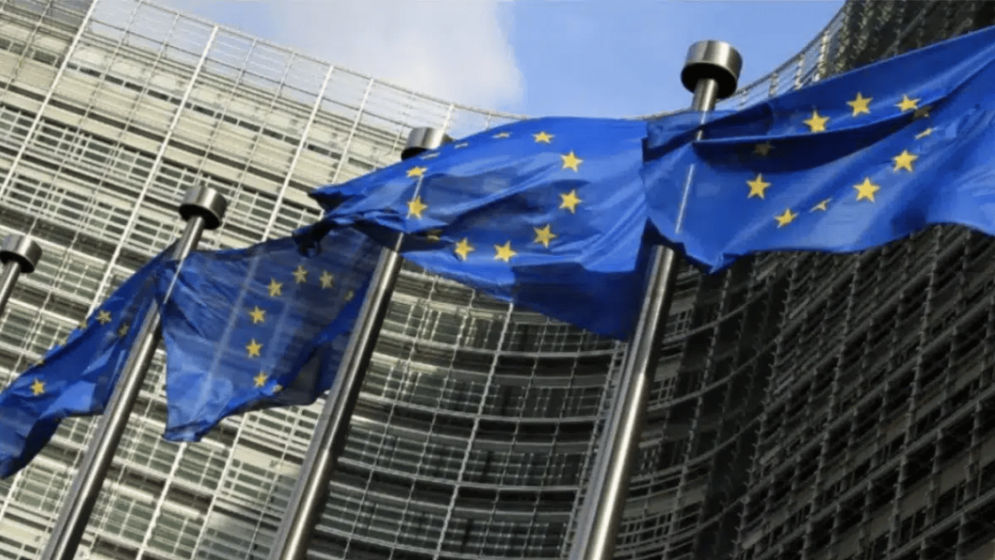Research shows that support among Serbian citizens for membership in the European Union is declining, with over 50% of respondents opposing Serbia’s entry into the EU. Traditionally, a majority opposes Serbia’s membership in NATO. While the EU remains a desirable economic partner, most citizens do not want the EU to be a political ally of Serbia. Reasons for the decline in support include disagreements in the dialogue between Belgrade and Pristina, as well as attitudes towards Russia. Many citizens prefer an alliance with Russia or membership in BRICS as an alternative. However, there is a paradox where citizens obtain EU citizenships for practical benefits despite not supporting Serbia’s EU membership. The highest support for the EU was during visa liberalization, and support has declined since the start of the war in Ukraine.
Political Perspectives:
Left: Left-leaning sources emphasize the socio-economic benefits of EU membership and express concern over the decline in support, attributing it to political dissatisfaction and misinformation. They highlight the importance of EU integration for democratic reforms and economic development in Serbia.
Center: Center-leaning sources present a balanced view, acknowledging the decline in support for EU membership while also noting the complex geopolitical factors influencing public opinion, such as relations with Russia and the Kosovo issue. They stress the need for pragmatic dialogue and gradual integration.
Right: Right-leaning sources focus on skepticism towards the EU as a political entity, emphasizing national sovereignty and the preference for alliances with Russia or BRICS. They often criticize the EU’s policies and question the benefits of membership, reflecting nationalist and conservative narratives.








